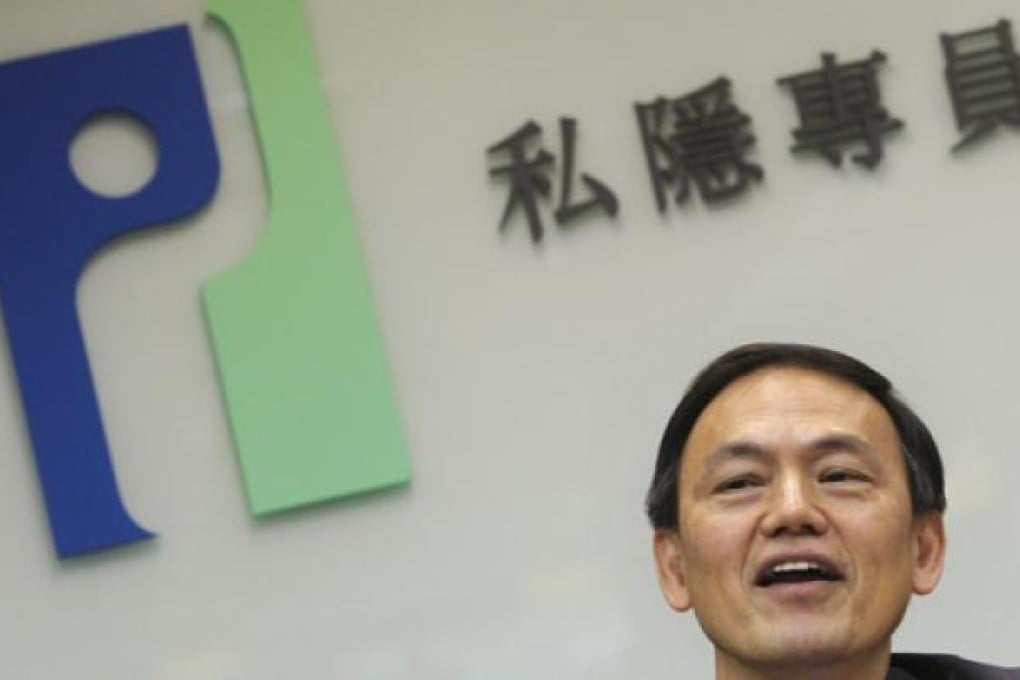Privacy commission slams sale of personal data to insurance broker
Health centre's telemarketers used promise of check-ups to gather personal data, and then sold it to insurance broker as marketing tool

The public watchdog condemned a medical centre for collecting personal data from more than 360,000 people and selling it to an insurance broker for direct marketing purposes.
The Office of Privacy Commissioner for Personal Data yesterday revealed that the Hong Kong Prevention Association (HKPA) made cold calls to people, offering them a chance to join a free medical check-up scheme and asking them for personal data. The callers claimed the checks were endorsed by the government, which was not true.
They also failed to explain clearly that the data would be transferred to Aegon Direct Marketing Services Insurance Broker, for use in direct marketing activities.
Aegon Direct paid for the information, which used it for promoting insurance products.
Privacy Commissioner Allan Chiang Yam-wang said the data was collected in a misleading and arguably deceitful way. He said the insurer was also accountable as it had approved scripts used by the association's telemarketers.
"Such irresponsible and recalcitrant behaviour must be condemned," he said.